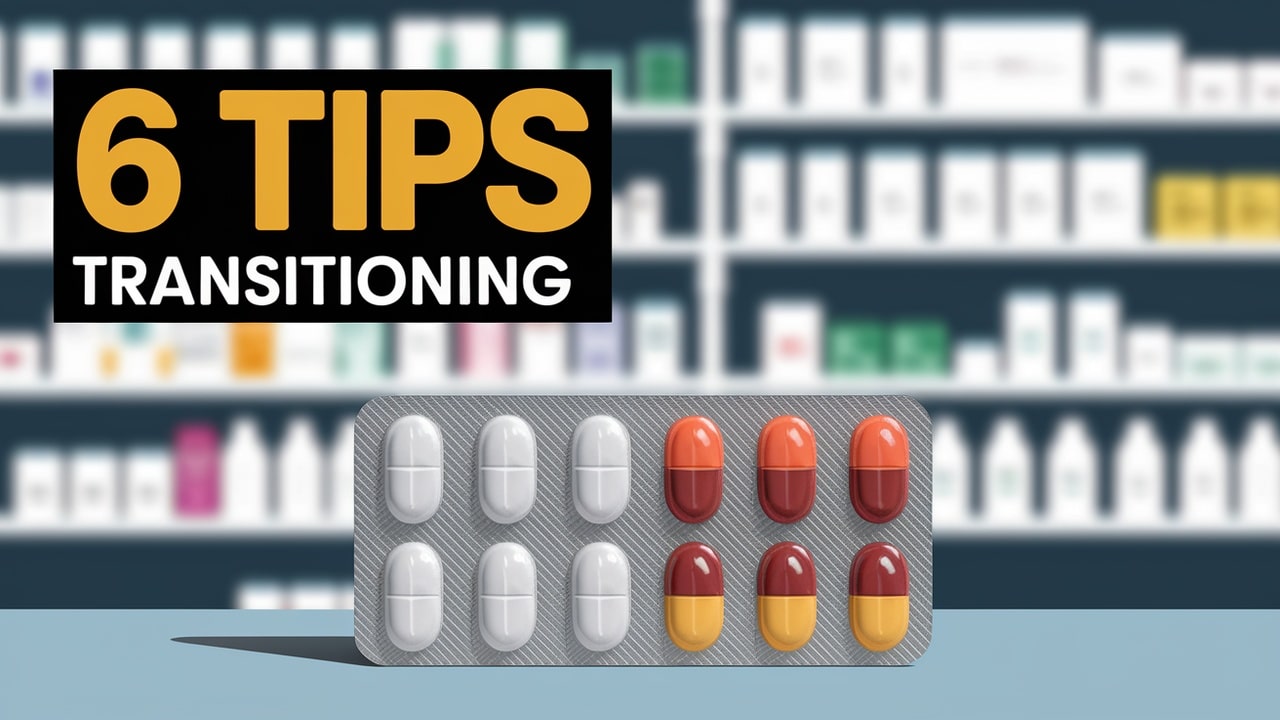
How to Improve Your Child’s Mental Health Through Nutrition and Lifestyle
America’s children face a mental health crisis. Rates of anxiety, depression, and addiction have soared since the pandemic, and they were high before it began. Worse, over 60% of these troubled youth don’t get the mental health treatment they need. Financial hardships and ongoing stigma present barriers to care.
Fortunately, you can take measures to safeguard their emotional well-being. It all begins at home.
Table of Contents
- Here’s how to improve your child’s mental health through nutrition and lifestyle.
- 1. Find the Right Educational Environment for Them
- 2. Engage Them in Positive Extracurricular Activities…
- 3. …But Leave Plenty of Downtimes
- 4. Reduce Ultra-Processed Junk Food Consumption
- 5. Emphasize Plant-Based Whole Foods That Nourish Their Neurons
- 6. Increase Your Probiotics Consumption
- 7. Model a Healthy Lifestyle
- Improve Your Child’s Mental Health Through Nutrition and Lifestyle
Here’s how to improve your child’s mental health through nutrition and lifestyle.
1. Find the Right Educational Environment for Them
Your child’s school plays a vital role in their overall mental health. The right educational environment empowers young minds while making them feel safe to learn. Unfortunately, issues like bullying and overemphasizing academics while neglecting growing children’s other needs plague far too many institutions.
What should you look for when selecting a school? Inquire about their curriculum – do they include social-emotional learning or stick to the “Three R’s”? What anti-bullying measures do they implement, and how do they handle disciplinary infractions?
Many parents find online learning preferable, especially in today’s world of pandemics and gun violence. If you opt for such a solution, ensure your academy also offers opportunities for students to connect with their peers online and in person through field trips. Developing emotional intelligence is a critical skill best learned in childhood through interacting with various other people.
2. Engage Them in Positive Extracurricular Activities…
You should encourage extracurricular activities to improve your child’s mental health. However, how you do so matters far more than where you enroll them. Forcing a child who hates athletics to join the pee-wee football team merely because you love the sport creates unnecessary stress. Why not let them choose something they love, like chess or a yearbook club?
Your school isn’t the only place you can find free or low-cost extracurricular pastimes for your child’s mental and physical health. Consider the following options as well:
- Your local parks and recreation department: Most parks and rec centers offer free team sports for people of all ages.
- Your area YMCA: Youth who don’t enjoy participating in competitions still need exercise for their mental health. They can swim and use various workout equipment at the Y for much less than the cost of many gym memberships.
- Your local library: Most libraries do far more than loan books. They also offer courses in everything from computer science to birdwatching.
3. …But Leave Plenty of Downtimes
As much as you want to get your child active and involved, avoiding the great schedule trap is important. What’s that? It’s when you pack so much into each day that your kiddo barely has room to breathe. They wake up, go to school, complete homework hit soccer practice, and come home to chores and a half-hour of quiet reading before bed. Phew! Where on earth do they find time to be a kid?
Think about your role at work. You probably wouldn’t last very long if your employer insisted on micromanaging 14 waking hours out of every 16. Your kiddo doesn’t appreciate it, either – include plenty of time in their schedule for unstructured play.
4. Reduce Ultra-Processed Junk Food Consumption
Kids love junk food. The bright colors and attractive packaging draw them nearly as effectively as the glucose-spiking contents. These snacks also make life convenient for parents, slipping into lunchboxes with the greatest of ease. However, you should limit your child’s consumption of ultra-processed junk if you want to improve their mental health through nutrition.
Why? Ultra-processed foods are those made from food extracts – mainly hydrogenated fats, sugars, and other starches. They provide little nutritional value while promoting widespread inflammation in the body. Inflammation impacts mental health, contributing to disorders like anxiety and depression.
Furthermore, these foods absorb quickly, spiking blood sugar. This dynamic results in a debilitating crash that leaves your child feeling more hungry than before – so they reach for another snack, leading to weight gain. Childhood obesity can cause considerable mental anguish and contribute to issues like bullying. It can adversely affect a child’s self-esteem for years, as shedding the excess doesn’t get easier as they age.
5. Emphasize Plant-Based Whole Foods That Nourish Their Neurons
What should you feed your little ones? Your best approach is a plant-based diet rich in whole foods – those that resemble what they look like in nature. It’s the difference between a raw apple or dried apple rings and a pie.
Strive to get more of the following foods that research indicates influence mental health:
- Nuts and seeds: These are rich in minerals like selenium, magnesium, and zinc, which are crucial for proper brain functioning. Some magnesium-deficient patients with depression recover better from a supplement than from prescription medication.
- Fatty fish: Fish is a rich source of omega-3 fatty acids, which support neuron health.
- Brightly colored fruits and vegetables: These contain various micronutrients like manganese that play vital roles in mental health.
6. Increase Your Probiotics Consumption
Another way to improve your child’s mental health through nutrition and lifestyle is to ensure they consume plenty of prebiotics and probiotics. What do these do, and what’s the difference between the two?
Probiotics are beneficial bacteria that live in your intestines. Researchers have found that they send signals to your brain that influence mood, and they continue investigating how altering your gut microbiota can improve mental health. Prebiotics are various fiber forms you don’t digest but nourish these good bacterial colonies.
How can you get more in your child’s diet? Include the following foods in their lunch pails:
- Yogurt
- Cottage cheese
- Kefir
- Pickles
- Kombucha (the non-alcoholic variety)
- Miso soup
7. Model a Healthy Lifestyle
Perhaps the best way to improve your child’s mental health through lifestyle changes is to model the behaviors you want your child to adopt. After all, young children learn more through watching you than from your words.
What should you do? Fortunately, the following activities will improve your mental health while teaching your little one healthy coping mechanisms for life:
- Start a yoga and meditation practice: Anyone of any age can do yoga or sit quietly and breathe. These practices put you in touch with the greatest emotional intelligence teacher of all – yourself. They also healthily manage stress so it doesn’t snowball into an anxiety disorder.
- Practice setting healthy boundaries: Allow your child to do the same. Don’t automatically punish the word “no” – it’s a vital way to communicate needs. Instead, let them know it’s okay to set boundaries and model how to do so, perhaps by saying, “I can’t today, but I can on Saturday,” when a neighbor asks for a favor.
- Identify, name, and manage your emotions: Use a feelings chart or books to help your kids learn to identify feelings like frustration, irritability, excitement, or anxiety. Let them see you positively handle the same emotions by saying, “I’m feeling a bit frustrated right now. I’m going to take a 15-minute timeout and return to this later.”
- Combat stigma: Even children raised in healthy households may need therapy at some point – you can’t protect them from everything. Teach them there’s no shame in reaching out for help and let them see you do the same when necessary.
Improve Your Child’s Mental Health Through Nutrition and Lifestyle
Children in America and beyond face a mental health crisis. Fortunately, you have holistic ways to combat it. Follow the above tips to improve your child’s mental health through nutrition and lifestyle. You’ll reap the rewards of enhanced well-being and a happier time with your little one.






